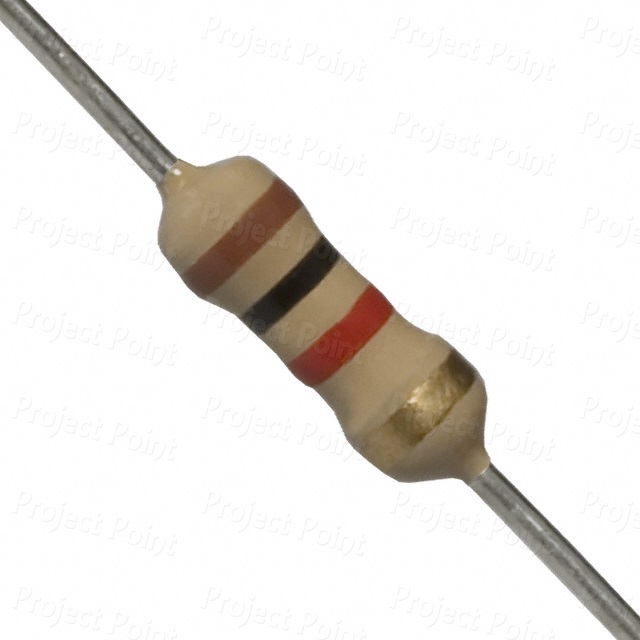

The power rating or wattage rating of the resistor mainly depends upon the physical size of the resistor. Thus, the power across the resistor would be 6/5W.

If the value of the voltage supplied is 6V and the value of the resistor is 30 ohms, the power would be P = 6 × 6/30 = 6/5W Then again we will need Ohm’s law P = V × I P = V × V/R Thus the power through the resistor would be 25W.īut what if we don’t know the value of current flowing but the voltage supplied. If the value of resistance of the resistor is 100 ohms and current applied is 0.5A, then the power will be P = 0.25 × 100 P = 25W If we know the value of resistance and the current flowing through it, we can easily find the power. So we can write the formula of power as P = V × I P = I ×R × I P = I 2 × R Now by going further, we will need the Ohm’s law which is V = I × R power rating can be 15W, 16W, or anything above 12W. Thus this resistor will work nicely without any degradation in performance at 12W. If the current applied to the resistor is 1A and the voltage supplied is 12V and the resistor is working happily, then the power through the resistor will be P = 12 × 1 = 12W Power is the product of voltage and current applies to the resistor. The Power rating formula of a resistor can be calculated by the simple equation which includes the voltage and current been applied to the resistor. But sometimes we come across the power rating like mW, kW or MW.

Most resistors have power ratings in terms of watts. The electrical quantity watt is denoted by capital letter “W”. The power rating unit of a resistor is calculated in Watts. Most resistors have their maximum resistive power rating given for an ambient temperature of 70 degrees Celsius. If the power does not exceed the wattage of the resistor, then there is no degradation in the performance of the resistor.īut if the power supplied to the resistor exceeds its maximum power rating then it will melt the resistor and go up in smoke and thus damages the circuit. Thus, sometimes the power rating of a resistor can also be said as the amount of heat element can dissipate for an indefinite time. If the current flowing through the resistor is less, the heat evolved would be negligible and if the more current is applied, the amount of heat would be more. When an electrical current passes through a resistor due to the presence of potential difference across it, electrical energy is lost in the form of heat energy by the resistor. If a resistor has a power rating of 1W, then we should not feed more than 1W to the resistor. The resistor power rating is the specification given to a resistor other than the ohms value. The Power rating of a resistor can be said as the maximum amount of power that the resistor can withstand.


 0 kommentar(er)
0 kommentar(er)
